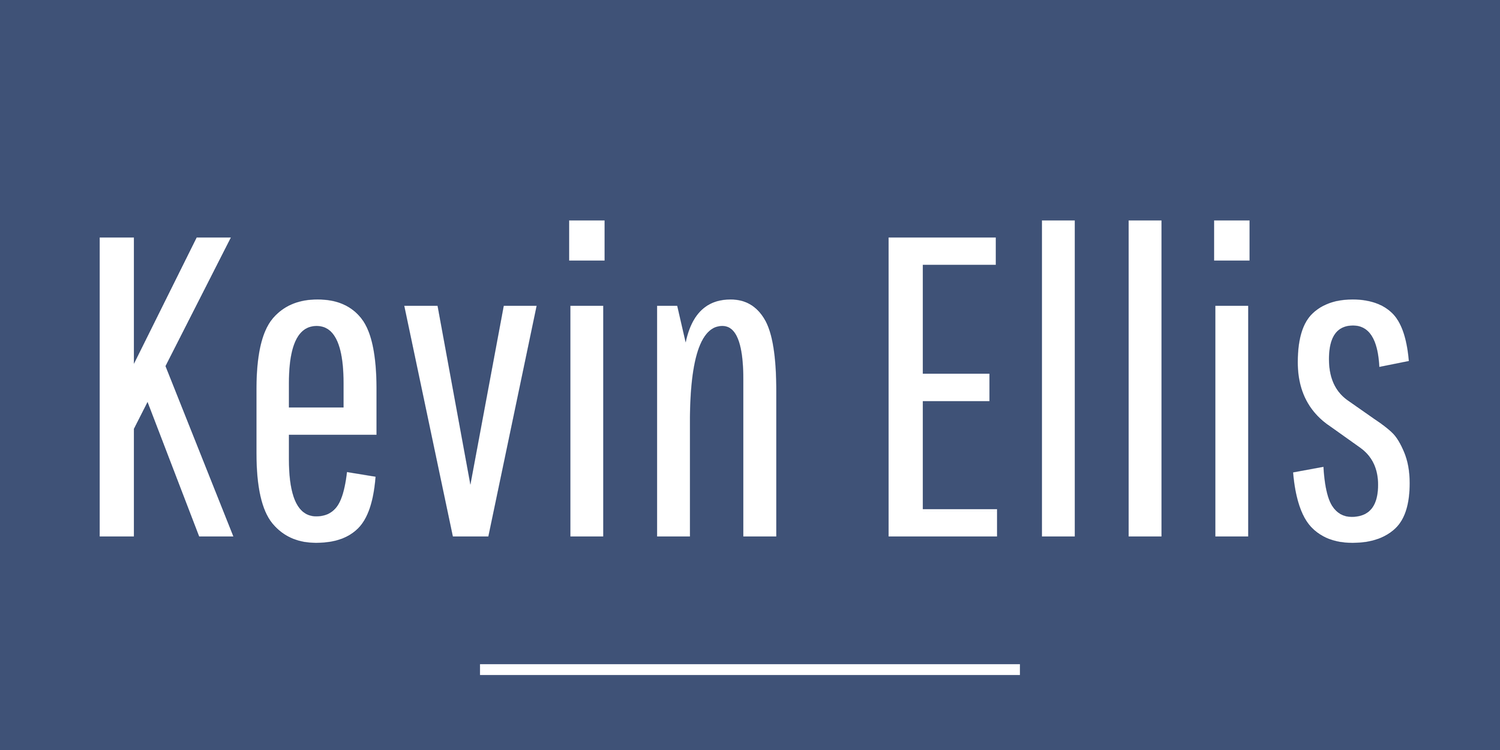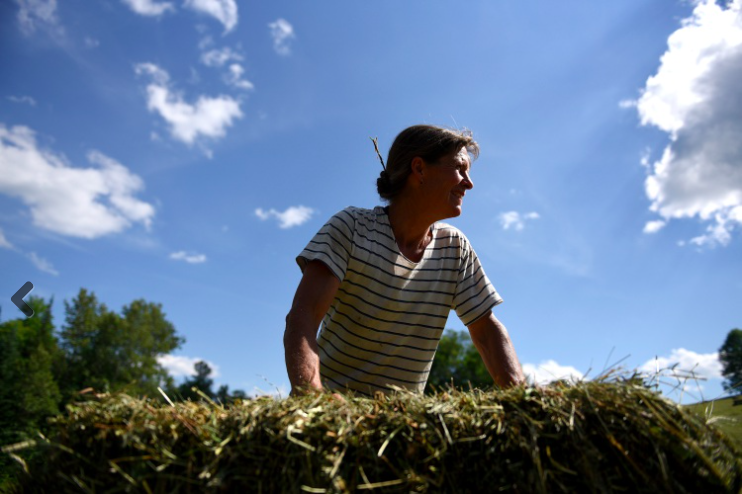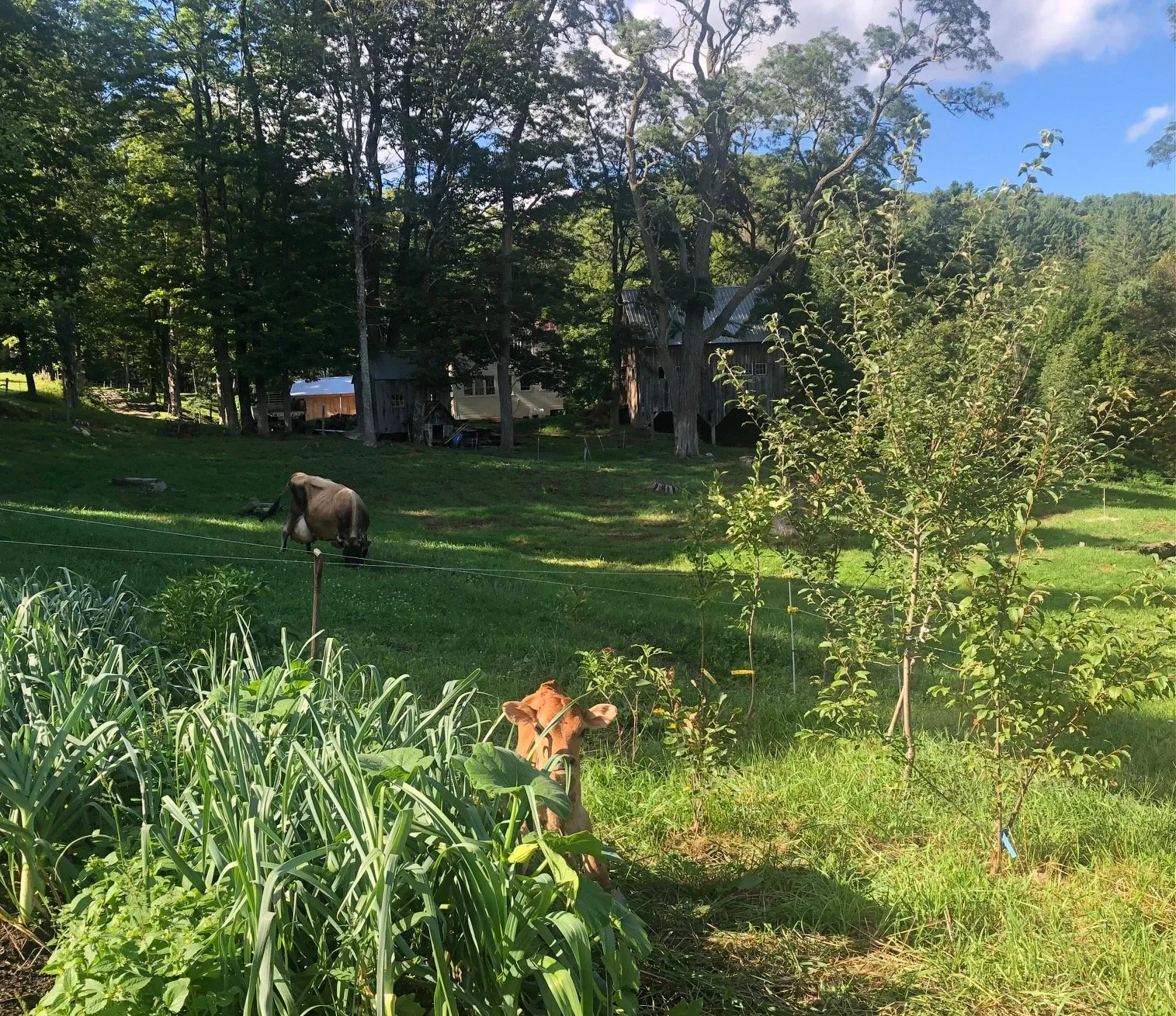A Good Thing
Sometimes it is best to focus on the good things in life.
Like just last Sunday my wife and I were invited to tea at the Three Cow Creamery in Corinth, VT.
Corinth lies deep in rural Orange County. Not many tourists there, or country inns, or ski areas. In the 90’s, we raised our kids on an old farm just down the road. It’s off the grid, filled with kids, homeschooling, cows, chickens, and jumping off the roof into the snow. It’s the Vermont my kids grew up in and the Vermont I love.
So when the invite came from farmer Liz Guenther for tea last Sunday, off we went.
We made our way through Barre, VT, where they mine granite for headstones and other monuments and into the town of Chelsea, the county seat. Once there, we hit a hard left up the hill to another left on Goose Green.
It’s there the road turns to dirt.
I always say to new Vermonters the state is at its best when you get onto the dirt roads. Only there will you see the remnants of a subsistence economy where families cut wood, milked cows and made butter and cheese - just to survive. Much of that life is still there if you have the time and patience to look.
Which you can’t always do. But today, we can.
The dirt road becomes rutted now, requiring our full attention. Ruts are a sure sign that the road doesn’t see much traffic which allows the town road crew to pay it little attention.
And there, off to the side of the road, we see the first sign for Three Cow Creamery, hand-painted on a wood post hammered into the soil.
“Is this it?’’ my wife asks from the passenger seat.
Nope. Keep going.
Finally, another sign at the end of the road. We have arrived at something out of 1930. And that is a compliment.
Parking is a bit fuzzy. There is a sign. A truck is kind of in the way. But that’s alright, in Vermont you just park anywhere.
We step out of the car and take a few tentative steps toward a yellow farmhouse. Up the steps sits a “Donations’’ box on a bench.
The first thing you experience is the natural beauty around you. No Ikea here. No Pottery Barn. No noise, except for pissed off chickens scurrying through the yard. Everything says “real,” including the owner who emerges from the kitchen to welcome us. Liz Guenther is a former neighbor. I subscribe to the weekly email she sends to a list of 400-plus. She wants to pull up a chair and chat, catch up, but like any good farmer, one eye is on the kitchen and the farm outside. Nothing stands still here and that includes Liz, a professional, licensed cheesemaker.
Is the tea ready? Are the cows OK? Are those chickens hassling the Sunday guests?
Liz seats us at a small table with a colorful tablecloth. The dining room is small, flowing in and out with admiring guests. A young couple here. An older couple over there. Where did they come from? How did they find this place? Out come short-bread, cookies and other sundries with real cream and butter, followed by a delicious leek tart - all made by hand.
There’s not much staff here. Just Liz and a friend doing the work far from the nearest town or tourist attraction. No rules really. No Instagram or Twitter. Just the email list of friends on a first name basis who care about what she is doing.
Liz has carved this farm out of the woods, beginning with three cows in 2014. Through grit and determination she built this place to go beyond organic, beyond regenerative. It has become something else altogether. She raised all the money to build the tea house from her supporters and various government funds. She has three miles of top-flight electric fence. This place is professional from top to bottom.
But Liz takes it further. She wants a closed loop farm economy and lifestyle where she grows everything on the farm, eliminates fossil fuel and treats her animals with the humanity they deserve. She has 16 heads and milks up to six cows, always by hand. And keeps a bull for breeding.
Unlike most dairy operations in Vermont, Liz does not remove a newborn calf from the nursing mother. The calf nurses to her heart’s desire. Liz takes whatever the calf doesn’t need for her cheese operation in the back of the tea house. There are trees in the pasture to shade the cows in hot weather. Her cows have their horns, long tails and live according to their own schedule. No calf hutches, leaking lagoons or barn stalls.
Liz makes sure you know that she hasn’t reached her goal. Not all food is grown on the farm - yet. And there is the obvious need for a Kubota tractor. There is still work to be done. There is always work to be done.
It wasn’t always going to be this way. Liz Guenther has two art history degrees from Williams and Princeton. When her kids were tiny, she taught at the University of Vermont, which is 81 miles and a 90 minute drive in good weather.
“I’d get up at 4:30 in the morning and teach all day,’’ she says with passion. Something about northern Renaissance painters.
Liz did that drive with a nursing baby at home and farm chores before leaving and after getting home. She loved teaching. But she loves farming more.
While serving us tea, Liz talks about art, farming, writing, her kids and why she does what she does. The tea is good, the conversation better, and you know Liz would stay if she could.
But the reality of the work is right there, as it is on every farm. For Liz these Sunday teas are a way to create art, to supplement income, and to spread the word about a better way to farm and live by stepping back from industrial agriculture and understanding how we feed ourselves.
After serving tea and food to 30 visitors on a Sunday, there is the rest of the work - milking the cows, making the cheese, cutting firewood, checking the fence. The clock is ticking. Winter is on the way. Then back into the house to make the food for her stall at the farmer’s market in nearby Norwich.
It is hard work, really hard. I feel a tiny pang of guilt as we leave. I want to help with the dishes, maybe sweep up. That’s the thing about Three Cow Creamery, you want to volunteer, to come back and actually do the farm work.
And yet it is so much easier to hop in the car and take the long way home, meandering through Orange county. It’s easier than the back-breaking, sometimes soul-crushing work of a Vermont hill farm, the kind you read about in books.
It ain’t always pretty. But it may be the most beautiful thing you have ever seen in your life.
To make a reservation for tea at the creamery, email Liz at thethreecowcreamery@gmail.com



